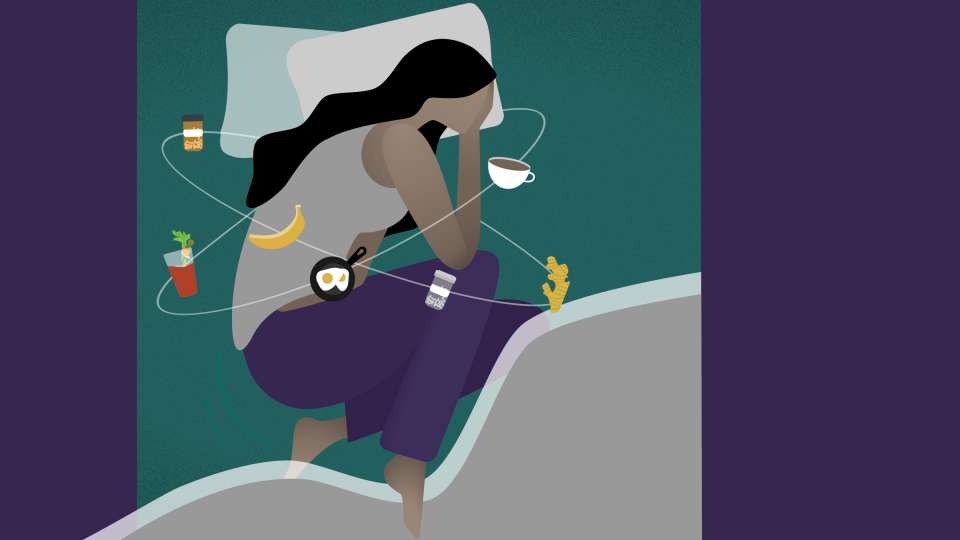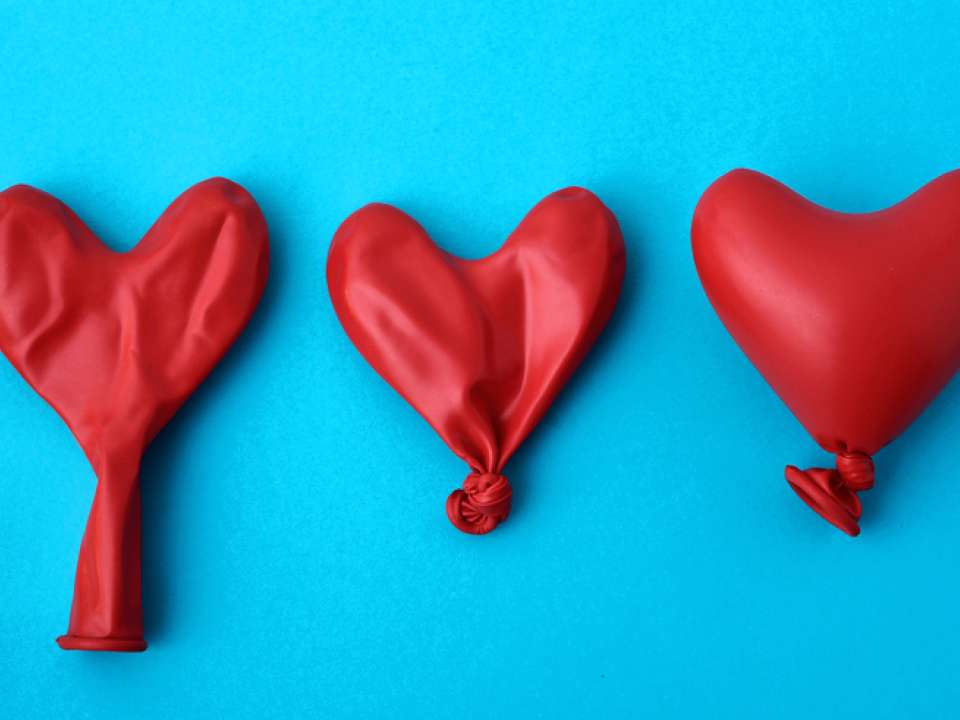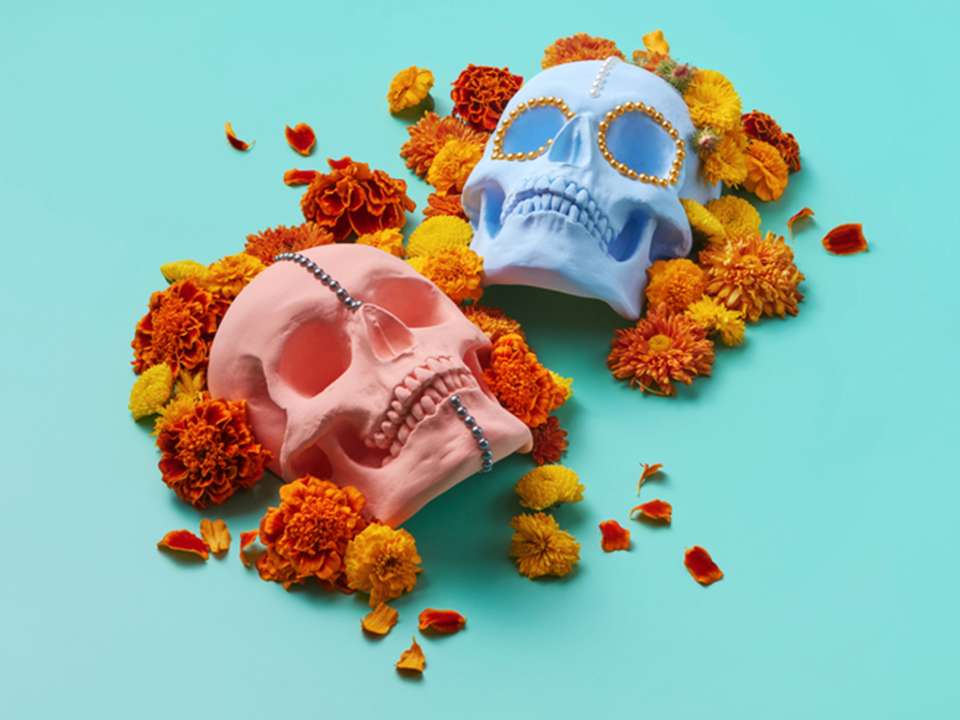
We’ve all been there before. The headache. The nausea. The thinking that feels just a little—or a lot—fuzzy. All symptoms of the dreaded hangover.
Your cotton mouth may have already clued you in to the fact that you’re dehydrated. Alcohol is an osmotic diuretic, which means that when you have a high amount of alcohol in your blood, you pee more than you normally would.
Alcohol also blocks the re-uptake of water in the kidneys. So it’s a double whammy kind of dehydration. But in addition to dehydration, you’ve got a couple of other factors working against you.
How alcohol works against you
“Alcohol is converted into something called acetaldehyde,” says Lingtak-Neander Chan, PharmD, a University of Washington professor of Pharmacy and Nutritional Sciences. You can thank this toxic byproduct at least in part for some of the effects of your hangover, and maybe even for some of the memory impairment and sleepiness that get attributed to alcohol.
Yet another reason for how sick you feel involves a little bit of organic chemistry. If you didn’t like the subject in school, you’re going to like it even less this morning.
Acetic acid is the final byproduct of alcohol metabolism, before it is removed from the body, and when the body is exposed to acid, you just feel really lousy. The more alcohol in your drink, the more organic acid you build up, says Chan.
Will chugging feel-good fluids help?
You know you need water. But will fluids with a little something extra also work to cure your hangover?
Hair of the dog
Some people swear by a Bloody Mary to remedy a hangover. It’s the old “hair of the dog that bit you” trick.
On its own, tomato juice has antioxidants, sugar and calories, in addition to B vitamins—all good things. And alcohol does decrease the absorption of certain vitamins, including B vitamins.
But occasional drinking should not lead to deficiencies in B vitamins, says Chan. It is only in chronic drinkers that you see the type of deficiency that requires supplementation.
What makes that Bloody Mary seem so good is probably just the dulling of pain with more alcohol, which is a numbing agent. And no matter how good the other ingredients are, more alcohol will further dehydrate you and continue the loop.
Drink, dehydrate and repeat? No thanks.
Electrolytes
If you have been sick to your stomach, then an electrolyte replacement solution like Pedialyte is in order, says Chan. That’s because when you vomit, you lose some sodium, potassium and chloride.
But if you are merely hungover, water is the best replacement fluid, he says. And it’s free.
Java jumpstart
A coffee the day after drinking might give you some much-needed energy, but it won’t actually cure your hangover.
“Coffee is nothing more than a stimulant,” says Chan. “Drinking coffee for a hangover is similar to driving a car with your foot on the gas and the brake pedal at the same time."
The other downside of coffee is that caffeine itself dehydrates you because it also has a diuretic effect. And you’re already dehydrated enough.
Can the right pill ease your predicament?
Most of the over-the-counter pain medications can numb some of the pain, especially headaches. But there are important precautions to take, says Chan.
Tylenol or acetaminophen
If your drug of choice to battle that pounding headache is Tylenol, a brand name for acetaminophen, you're not doing your liver any favors. If you use alcohol regularly, and Tylenol to quell your fuzzy brain, you can increase the risk of acetaminophen poisoning, which can cause liver failure, says Chan.
“This problem is dose-related,” he says. “If you follow the dosage directions on the bottle or consult with a healthcare provider, then it is safe to use in moderation.”
Aspirin and other anti-inflammatories
The same advice holds true with aspirin and other anti-inflammatory drugs, such as ibuprofen (e.g. Advil, Motrin) or naproxen (e.g. Aleve). Follow the dosage directions or a doctor’s advice and you should be fine, says Chan.
At higher doses, these medications can cause stomach irritation and even ulcers. When in doubt, consult with a pharmacist or your doctor
Can nom noms numb the pain?
Some people swear that certain foods can cure a hangover. Chan says that many of these purported cures should be taken with a grain of salt.
Greasy food
If you are hungry and haven’t been eating, some calories will help you to feel better, especially if the headache and dizziness are due to a lack of energy, says Chan. But greasy food would work best eaten before you drink—not the morning after.
Food generally slows the rate of alcohol absorption. But greasy food also slows down the rate at which your stomach contracts.
That means it has a more profound effect in slowing down the rate of alcohol absorption (since alcohol is mostly absorbed in the small bowel).
"But if you are already feeling lousy and sick to your stomach from drinking too much the night before, you may feel worse from eating very greasy food in the morning," says Chan.
Eggs
Remember that nasty byproduct of alcohol mentioned earlier? Acetaldehyde contributes to lack of coordination, memory impairment and sleepiness.
There is a common myth that cysteine, a substance found in eggs, breaks acetaldehyde down. Problem is, there is no strong scientific and clinical evidence for this, says Chan
“On the other hand, the calories—and some warm food in your body—will probably make you feel better,” says Chan.
In other words, eggs can't hurt (as long as they're cooked).
Bananas
Bananas have the reputation of being high in potassium, which is probably how they came to be considered a hangover remedy in the first place. (Remember, when you lose your lunch, you lose potassium, too.)
“However, a banana has a relatively modest amount of potassium,” says Chan. Verdict? “It is probably just the carbohydrates that make you feel better.”
Ginger
Ginger root is used in the treatment of nausea for both pregnant women and patients who have undergone chemotherapy.
“There is pretty strong clinical evidence that shows ginger helps to relieve nausea,” says Chan.
If you are feeling nauseated, it doesn’t hurt to have some ginger tea or even just dried ginger. But avoid the ginger herbal supplements that you can find at health food stores.
“Sometimes we don’t know what other unhealthy ingredients may be in those,” says Chan.
He advises buying dried ginger from the spice section of a grocery store instead.
Most hangover cures are not worth the cost
So what’s the best remedy?
“To tell you the truth, I’m a bit skeptical about hangover remedies,” says Nicholas Johnson, M.D., an emergency physician at Harborview Medical Center. “There are many unproven products marketed as ‘hangover cures,’ and most are not worth the cost.”
The best ways to avoid hangovers are to drink only in moderation or not at all.
“If you do choose to drink, stay hydrated,” says Johnson. “Other than those things, the only real cure for a hangover is time.”

 Healthy ideas for your inbox
Healthy ideas for your inbox





